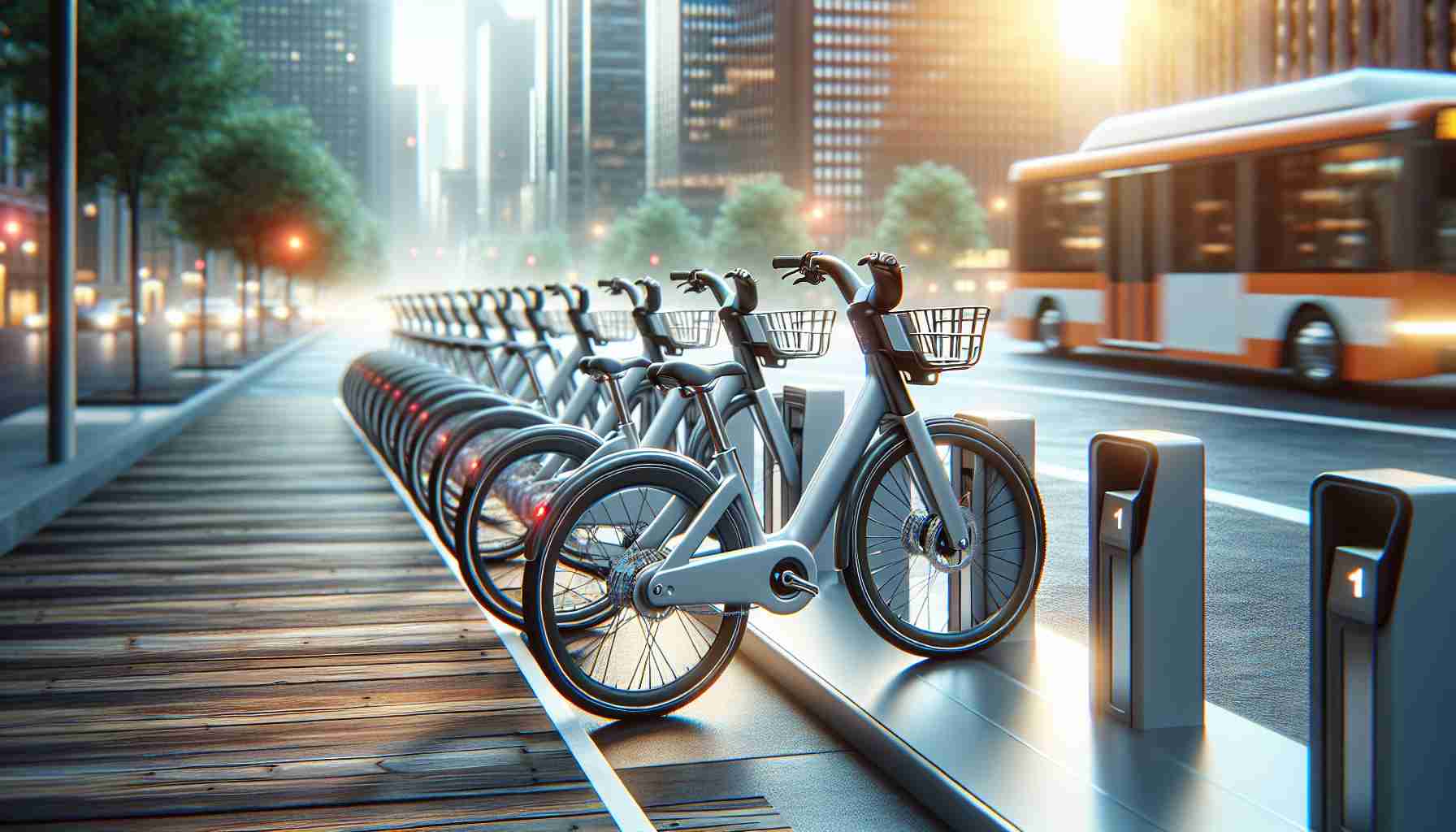The COVID-19 pandemic took a toll on docked bike-share systems, resulting in one-third of them permanently closing down. However, amidst this setback, bike share in the US and Canada has reached an all-time high, thanks to the soaring popularity of e-bikes. E-bikes have been gradually gaining market share, significantly narrowing the gap with classic bikes. In fact, in some cities, e-bikes have completely revolutionized bike-share programs.
Vancouver’s bike share system, for instance, fully recovered from the pandemic and surpassed one million annual bike share rides for the first time in 2023, mainly due to the introduction of e-bikes. Similarly, in New York, nearly half of the rides on the Citi Bike system are now taken on e-bikes, leading to a doubling of overall Citi Bike trips compared to pre-pandemic levels.
Washington, D.C., and Omaha have also experienced a surge in bike share users who prefer e-bikes over classic bikes. The trend is evident even in hilly cities like Omaha, where riders opt for e-bikes almost 100% of the time. Despite the higher cost of e-bikes and the increased maintenance expenses, bike-share programs view them as a worthwhile investment since they attract more users.
Philadelphia, another city embracing e-bikes, witnessed a marked increase in total ridership. With over half the trips taken on e-bikes, Philadelphia is now considering the best pricing model to make e-bikes more affordable.
This shift towards e-bikes not only enhances riders’ experience but also widens the reach of bike share programs. E-bikes allow riders to take longer trips with less effort, attracting demographics like seniors and those living further from city centers. The success of these programs lies in understanding customers’ needs and potential barriers, such as safety concerns, affordability, and bike riding skills.
Creating bike-share programs, regardless of the city size, requires a deep understanding of the local community and its infrastructure. While bike-friendly cities have a head start, even cities without extensive bicycle infrastructure can establish successful programs that eventually stimulate the demand for better bike infrastructure.
Implementing and managing bike-share programs has become more manageable with the industry’s growing experience and the availability of hardware and software services from private companies. Resources and guides are also available for new and existing programs, aiding in the logistical, political, and financial complexities of setting them up.
E-bikes have undoubtedly transformed bike-share programs, attracting a wider range of users and redefining urban transportation. As the popularity of e-bikes continues to rise, it is safe to say that the future of bike share programs will be dominated by these electric-assist wonders.
The bike-share industry has seen significant changes and challenges due to the COVID-19 pandemic. With one-third of docked bike-share systems permanently closing down, the industry had to adapt to survive. However, there is a silver lining as bike share in the US and Canada has reached an all-time high, thanks to the increasing popularity of e-bikes.
E-bikes have been steadily gaining market share, and in some cities, they have completely revolutionized bike-share programs. For example, Vancouver’s bike share system fully recovered from the pandemic and surpassed one million annual bike share rides in 2023, primarily due to the introduction of e-bikes. In New York, nearly half of the rides on the Citi Bike system are now taken on e-bikes, resulting in a doubling of overall Citi Bike trips compared to pre-pandemic levels.
Other cities like Washington, D.C., and Omaha have also experienced a surge in bike share users who prefer e-bikes over classic bikes. This trend is even evident in hilly cities like Omaha, where riders choose e-bikes almost 100% of the time. Despite the higher cost and increased maintenance expenses of e-bikes, bike-share programs see them as a worthwhile investment due to their ability to attract more users.
Philadelphia has also embraced e-bikes, leading to a marked increase in total ridership. With over half of the trips taken on e-bikes, Philadelphia is now exploring the best pricing model to make e-bikes more affordable.
The shift towards e-bikes not only enhances riders’ experience but also extends the reach of bike share programs. E-bikes allow riders to take longer trips with less effort, attracting demographics like seniors and those living further from city centers. To ensure the success of these programs, it is crucial to understand customers’ needs and potential barriers such as safety concerns, affordability, and bike riding skills.
Creating bike-share programs requires a deep understanding of the local community and its infrastructure. While bike-friendly cities have a head start, even cities without extensive bicycle infrastructure can establish successful programs that eventually stimulate the demand for better bike infrastructure.
Implementing and managing bike-share programs has become more manageable with the industry’s growing experience and the availability of hardware and software services from private companies. Resources and guides are also available to assist new and existing programs in navigating the logistical, political, and financial complexities of setting them up.
E-bikes have undoubtedly transformed bike-share programs, attracting a wider range of users and redefining urban transportation. As the popularity of e-bikes continues to rise, it is safe to say that the future of bike share programs will be dominated by these electric-assist wonders.
For more information about the bike-share industry and e-bikes, you can visit the following links:
– bikeshare.com
– electricbikereport.com
– governing.com – Bike-Share Industry







